|
Alistair Stuart MacLean (21 April 1922 – 2 February 1987; Scottish Gaelic: Alasdair MacGill-Eain) was a Scottish novelist who wrote popular thrillers or adventure stories, the best known of which are perhaps The Guns of Navarone,
Ice Station Zebra and Where Eagles Dare, all three having been made into successful films. He also wrote two novels under the pseudonym Ian Stuart.
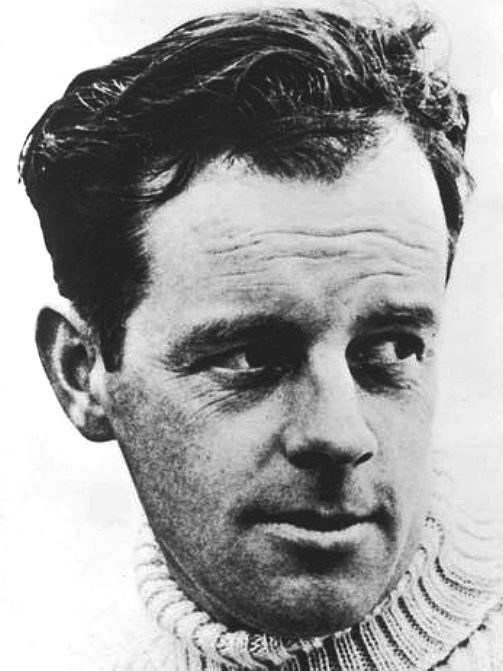
MacLean was the son of a minister, and learned English as his second language after his mother tongue, Scottish Gaelic. He was born in Glasgow but spent much of his childhood and youth in Daviot, ten miles south of Inverness. He was the third of four sons.
He joined the Royal Navy in 1941, serving in World War II with the ranks of Ordinary Seaman, Able Seaman, and Leading Torpedo Operator. He was first assigned to PS Bournemouth Queen, a converted excursion ship fitted for anti-aircraft guns, on duty off the coasts of England and Scotland. From 1943, he served in HMS Royalist, a Dido-class light cruiser. In Royalist he saw action in 1943 in the
Atlantic theatre, on two Arctic convoys and escorting carrier groups in operations against Tirpitz and other targets off the Norwegian coast. In 1944 he and the ship served in the Mediterranean theatre, as part of the invasion of southern France and in helping to sink blockade runners off Crete and bombard Milos in the Aegean. During this time MacLean may have been injured in a gunnery practice
accident.
In 1945, in the Far East theatre, MacLean and Royalist saw action escorting carrier groups in operations against Japanese targets in Burma, Malaya, and Sumatra. (MacLean's late-in-life claims that he was captured by the Japanese and tortured have been dismissed by both his son and his biographer as drunken ravings.) After the Japanese surrender, Royalist helped evacuate liberated POWs from Changi Prison in Singapore.
Ice
Station Zebra - Youtube
MacLean was released from the Royal Navy in 1946. He then studied English at the University of Glasgow, graduating in 1953, and then worked as a school teacher in
Rutherglen.
While a university student, MacLean began writing short stories for extra income, winning a competition in 1954 with the maritime story "Dileas". The publishing company Collins asked him for a novel and he responded with HMS Ulysses, based on his own war experiences, as well as credited insight from his brother Ian, a Master Mariner. The novel was a great success and MacLean was soon able to devote himself entirely to writing war stories, spy stories and other adventures.
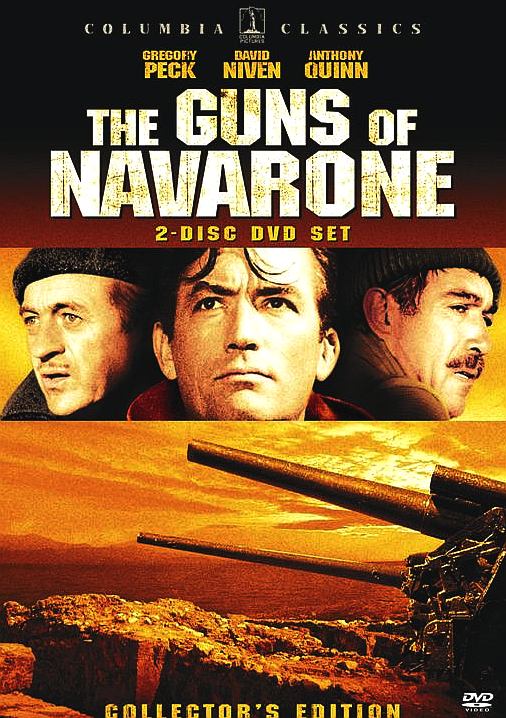
In the early 1960s, MacLean published two novels under the pseudonym "Ian Stuart" in order to prove that the popularity of his books was due to their content rather than his name on the cover. They sold well, but MacLean made no attempt to change his writing style and his fans may easily have recognized him behind the Scottish pseudonym. MacLean's books eventually sold so well that he moved to Switzerland as a tax exile. From 1963–1966, he took a hiatus from writing to run a hotel business in England.
MacLean's later books were not as well received as the earlier ones and, in an attempt to keep his stories in keeping with the time, he sometimes lapsed into overly improbable plots. He also struggled constantly with alcoholism, which eventually brought about his death in
Munich in 1987. He is buried a few yards from Richard Burton in Céligny,
Switzerland. He was married twice and had three sons with his first wife; the third son was adopted.
MacLean was awarded a Doctor of Letters by the University of Glasgow in 1983.
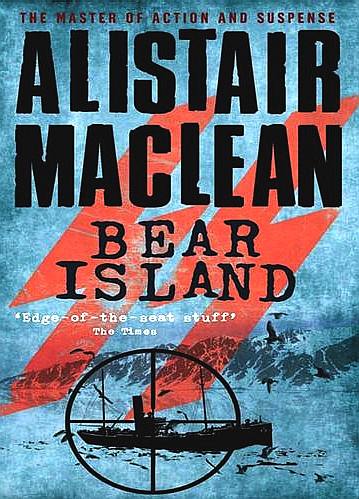
Writing Style
Compared to other thriller writers of the time, such as Ian Fleming, MacLean's books are exceptional in one way at least: they have an absence of sex and most are short on romance because MacLean thought that such diversions merely serve to slow down the action. Nor do the MacLean books resemble the later techno-thriller approach. Instead, he lets little hinder the flow of events in his books, making his heroes fight against seemingly unbeatable odds and often pushing them to the limits of their physical and mental endurance. MacLean's protagonists are usually calm, cynical men entirely devoted to their work and often carrying some kind of secret knowledge. A sometime twist is that one of the hero's closest companions turns out a traitor.
Nature, especially the sea and the Arctic north, plays an important part in MacLean's stories, and he used a variety of exotic parts of the world as settings to his books. Only one of them, When Eight Bells Toll, is set in his native
Scotland. MacLean's best books are often those in which he was able to make use of his own direct knowledge of warfare and seafare, such as HMS Ulysses which is now considered a classic of
naval fiction.
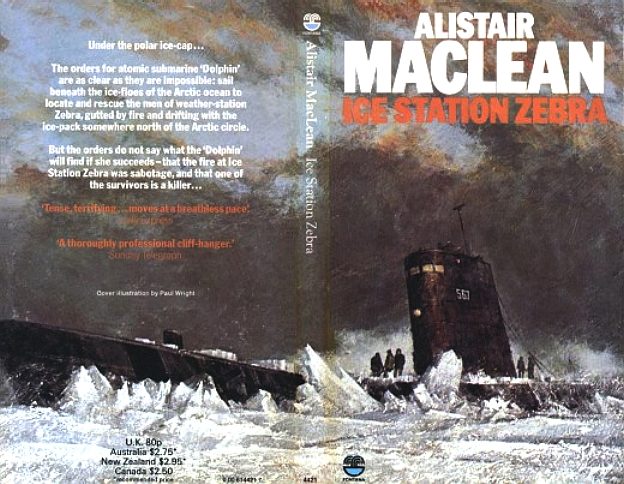
Stylistically, MacLean's novels can be broken down into five periods:
HMS Ulysses through to The Last Frontier. These four novels featured third-person narratives and a somewhat epic tone, and were mostly set during World War II. The Last Frontier contained overt philosophical and moral themes that were not well received. MacLean then switched gears to —
Night Without End through to Ice Station Zebra. These four novels (plus two more under the pseudonym Ian Stuart) all featured first person (and sometimes unreliable) narration laced with a dry, sardonic, self-deprecating humour, and were all set in contemporary times. These are MacLean's most intensely plotted tales, masterfully blending thriller and detective elements.
MacLean then retired from writing for three years, returning with —
When Eight Bells Toll through to The Way To Dusty Death, a varied collection of seven novels that still maintained a generally high quality, with some books harking back to each of the first two periods but usually taking a more cinematic approach (not surprising since he began writing screenplays during this time). Bear Island, written in this period, was his final first-person narrative. After this he moved on to —
Breakheart Pass to Athabasca. These six novels were a significant departure geographically from MacLean's previous work, in that the protagonists were all American (Fear Is The Key, from his second group, was set in America, but the hero of that was still English). There are still high quality stories here, but his prose is sometimes thought to have sagged badly in some, with excessive dialogue, lazily described scenes, and under-developed characters. Some bore these faults more than others, and all the books sold reasonably well, but MacLean never regained his classic form. From there he finished off with —
River Of Death through to Santorini (five novels). By this time the quality of his work was deteriorating considerably, and the faults that were creeping in during his "American period" were more apparent here. Indeed, in this period, it was only his final two novels that had any spark of the old master in them.
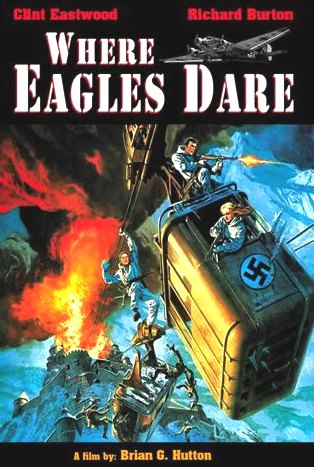
Certain themes are repeated in virtually all of MacLean's novels. For example, they typically feature a male character who is depicted as physically and morally indestructible (for instance, Carrington in HMS Ulysses or Andrea in The Guns of Navarone); such characters are also often described as having an almost inhuman tolerance for alcohol consumption (such as the Count in The Last Frontier or Jablonsky in Fear is the Key). MacLean was known to reuse plot devices, characterizations, and even specific phrases. For example, the description "huddled shapelessness of the dead" occurs in some form in several stories. Names are often reused as well, with chief female characters being frequently named Mary, or a variation thereupon (Marie, Maria), while a number of MacLean's lead male characters are named John. His villains usually feature a coldly competent and ruthless mastermind paired with a hulking, brutishly powerful subordinate.
Force 10 from Navarone, MacLean's only sequel, picks up from where the film version of The Guns of Navarone leaves off, not his original novel. Otherwise MacLean eschewed inter-novel continuity, save for two instances of a character from one novel appearing in another - Colonel De Graaf from Puppet on a Chain reappeared in Floodgate, and Professor Benson from Goodbye California making a second appearance in
Santorini.
He is buried a few paces away from Richard Burton's grave. The inscription reads "Come my friends 'tis not too late to seek a newer world."
Altogether, MacLean published 28 novels and a collection of short stories, as well as books about T. E. Lawrence and James Cook. There have been reports of a "lost" MacLean novel titled Snow on the Ben, but it appears to be by a different Ian Stuart (refer ISBN 0-7089-6503-2).
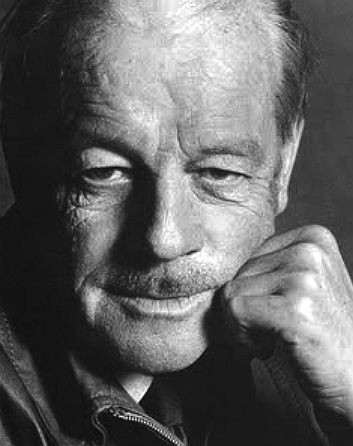
Many of MacLean's novels were made into films, but none completely captured the level of detail and the intensity of his writing style as exemplified in classics such as Fear is the Key; the two most artistically and commercially successful film adaptations were The Guns of Navarone and Where Eagles Dare.
Moreover, MacLean also wrote screenplays, some of them based on his novels and others later novelized by other writers. MacLean wrote the novel and screenplay of Where Eagles Dare at the same time; in effect it was commissioned by Richard Burton, who wanted to make a "boy's own" type adventure film that he could take his son to see. The book and screenplay differ markedly in that, in the book, the Smith and Schaffer characters at times go out of their way not to kill anyone, whereas in the film they basically shoot anything that moves. In fact, the film contains Clint Eastwood's highest on-screen body count, as well as a far more laconic interpretation of the Schaffer character.
Around 1980, MacLean was commissioned by an American movie production company to write a series of story outlines to be subsequently produced as movies. He invented the fictitious United Nations Anti-Crime Organization (UNACO), and the books were later completed by others. Among these are Hostage Tower by John Denis and Death Train by Alastair MacNeill. Some of these works bear little resemblance to MacLean's style, especially in their use of gratuitous
sex and violence.

MacLean's gravestone at the Vieux Cemetery in
Céligny
MacLean's influence on future adventure/thriller writers is somewhat hard to measure, due to the conventions and expected requirements of the genre changing.
After his death, the popularity of MacLean's work saw a decline, and, according to Amazon.com, as of 2006 none of his novels were in print in the US. However, most are currently still in print in paperback in the UK.
Also, in 2009 HarperCollins began reissuing 29 of his novels, with new covers.
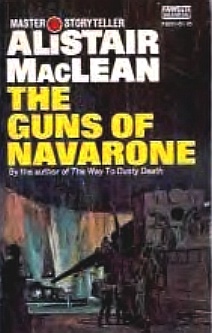
Alistair
McLean
The
Guns of Navarone - Youtube
LINKS
NOVELIST
INDEX
A - Z
GRAPHIC
NOVEL INDEX
A - Z

A
John
Storm adventure
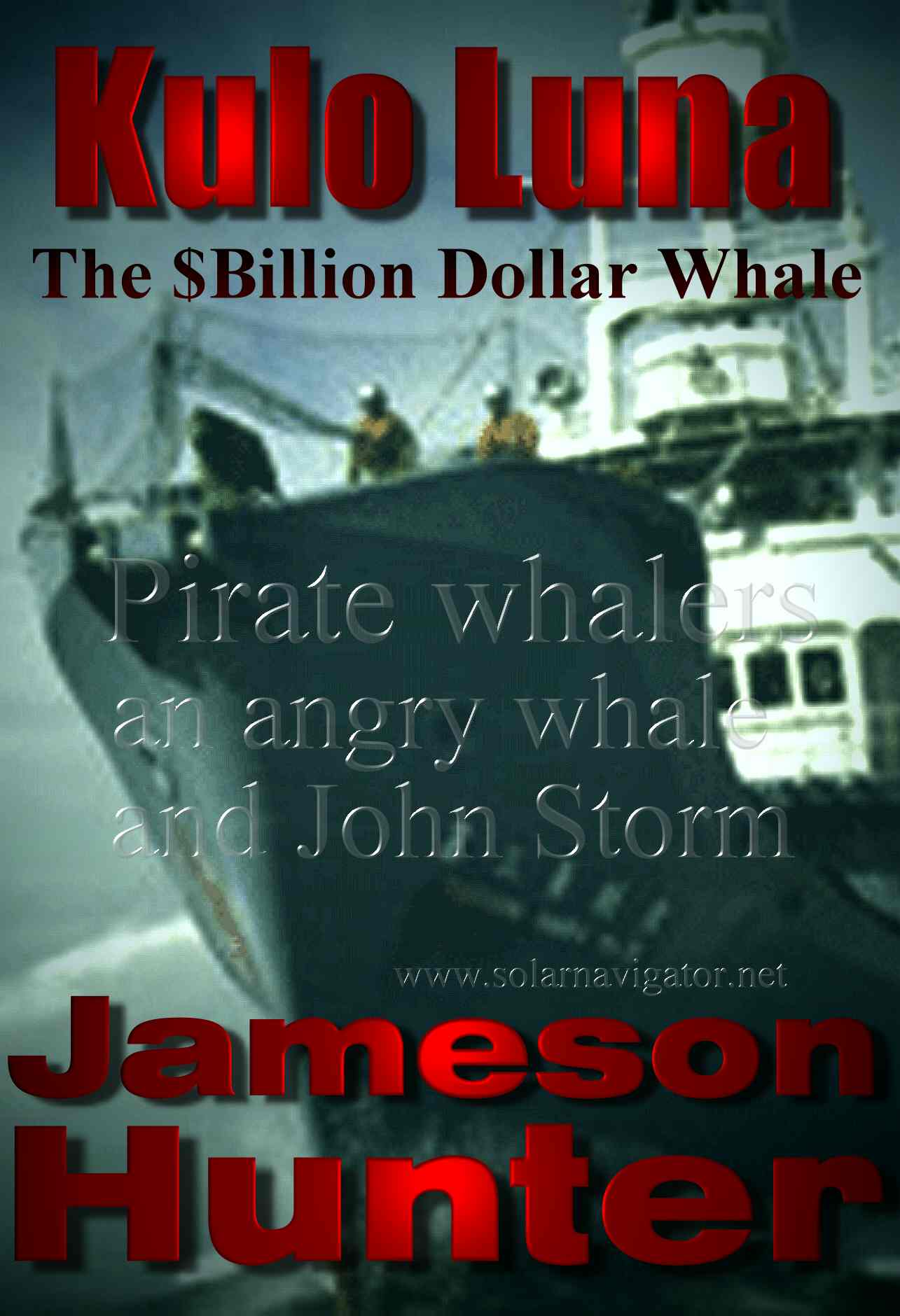
Pirate
whalers get a big surprise when they take on Kulo Luna
|







